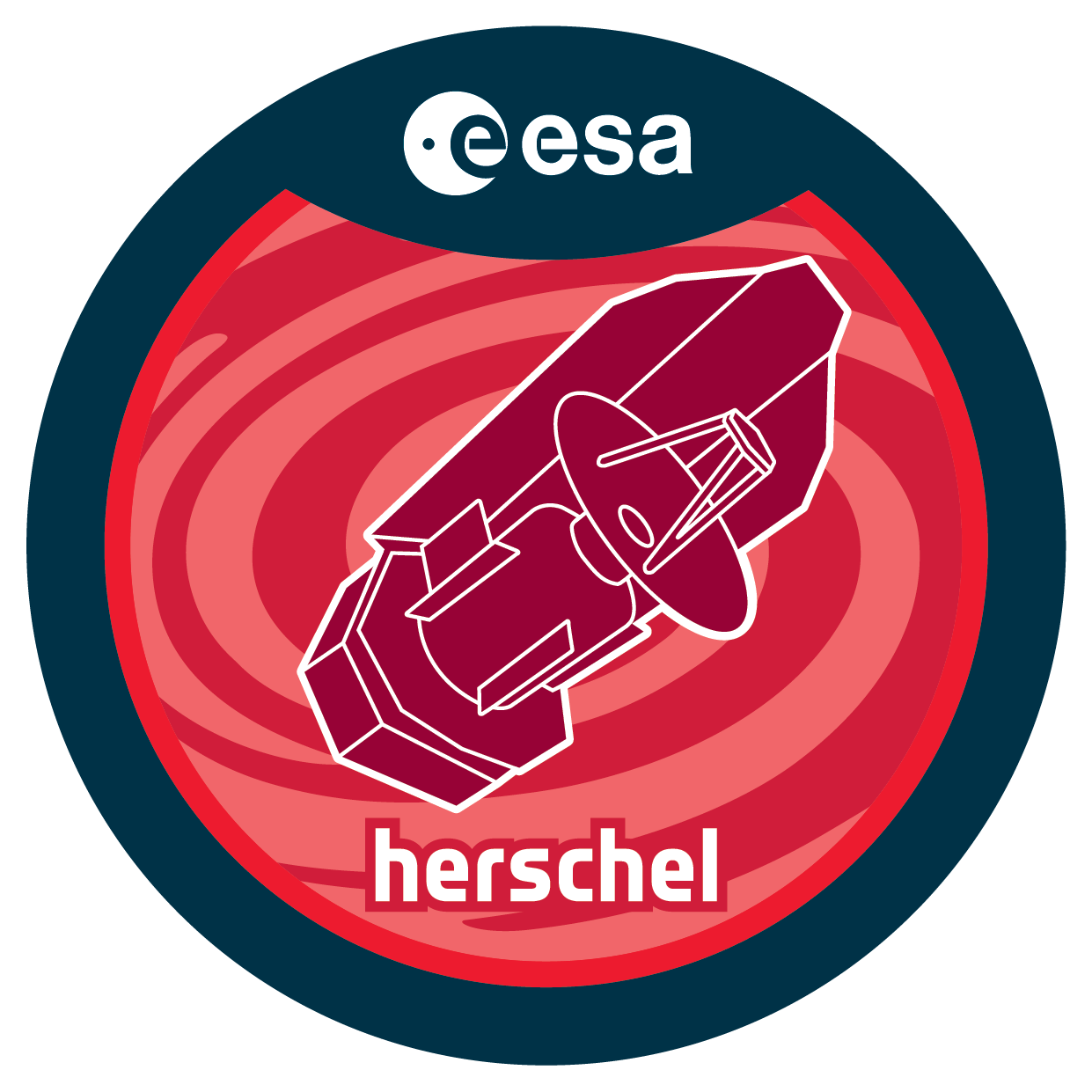

| Name | SDP_eegami_3 |
| Title | The Herschel Lensing Survey |
| URL | http://archives.esac.esa.int/hsa/whsa-tap-server/data?retrieval_type=OBSERVATION&observation_id=1342183677&instrument_name=SPIRE&product_level=LEVEL0&compress=true |
| DOI | https://doi.org/10.5270/esa-tzuzoid |
| Author | egami, e. |
| Description | For deep imaging longward of 100 um, confusion noise sets thefundamental sensitivity limits achievable with Herschel, and theselimits cannot be improved by integrating longer. As a result,Herschel PACS/SPIRE images will not quite reach the depth of Spitzer24 um, not to mention that of ALMA. This means that with the rawsensitivities of PACS and SPIRE, it will be difficult to reach thepopulation of infrared-luminous galaxies at z>2. To penetrate throughthe Herschel confusion limits with the lensing power of massive galaxyclusters and to reach z>2 infrared-luminous galaxies, we propose herea deep PACS/SPIRE imaging survey of 40 lensing clusters, which havecarefully been selected from the past and on-going HST/Spitzersurveys. Although both the PACS and SPIRE GT teams will conductsimilar surveys, its small sample size of 10 clusters is not enough tofully achieve the great potential of such a survey since highlymagnified (e.g., >5-10x) lensed galaxies are rare. By expanding thesample size by a factor of four, and by pre-selecting most spectacularsources from our on-going Spitzer 24um survey of ~100 X-ray-luminous(i.e., massive) clusters, we will detect a significant number ofhighly magnified infrared-luminous galaxies at z>2 with PACS andSPIRE, which will enable us to (1) resolve a large fraction of thefar-infrared/submillimeter background in the PACS/SPIRE bands and (2)map out the full spectral energy distributions (SEDs) of detectedgalaxies from mid-infrared to submillimter. Such an extensive survey oflensing clusters will be a great legacy of Herschel, providing a largenumber of interesting high-redshift targets for ALMA follow-up in thefuture. Because of the large sample size and strong lensing power ofthe targeted clusters, this survey also offers a great potential forbreakthrough discoveries such as the first detection of a star-forming(i.e., non-AGN) galaxy at z>>4 in the far-infrared/submillimeter. |
| Publication |
|
| Instrument | PACS_PacsPhoto_largeScan, SPIRE_SpirePhoto_large |
| Temporal Coverage | 2009-09-12T02:51:12Z/2009-10-09T08:32:45Z |
| Version | SPG v14.2.0 |
| Mission Description | Herschel was launched on 14 May 2009! It is the fourth cornerstone mission in the ESA science programme. With a 3.5 m Cassegrain telescope it is the largest space telescope ever launched. It is performing photometry and spectroscopy in approximately the 55-671 µm range, bridging the gap between earlier infrared space missions and groundbased facilities. |
| Creator Contact | https://support.cosmos.esa.int/h®erschel/ |
| Date Published | 2009-11-18T05:45:50Z |
| Last Update | 2025-01-24 |
| Keywords | Herschel, HSC, submillimetre, far-infrared, HIFI, PACS, SPIRE |
| Publisher And Registrant | European Space Agency |
| Credit Guidelines | European Space Agency, egami et al., 2009, 'The Herschel Lensing Survey', SPG v14.2.0, European Space Agency, https://doi.org/10.5270/esa-tzuzoid |